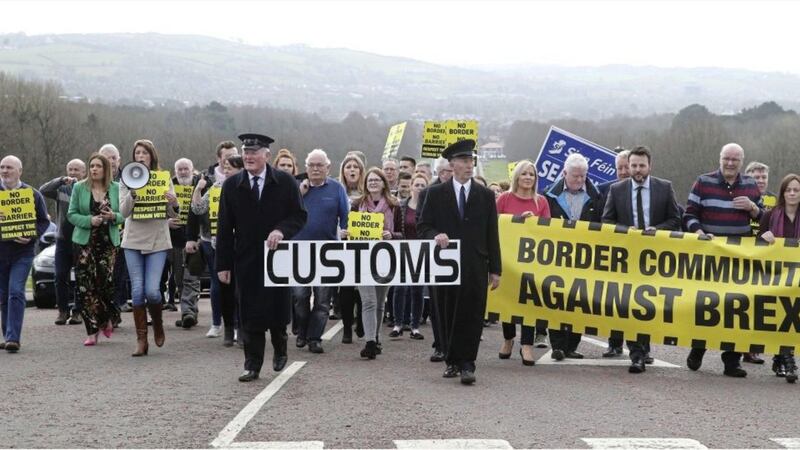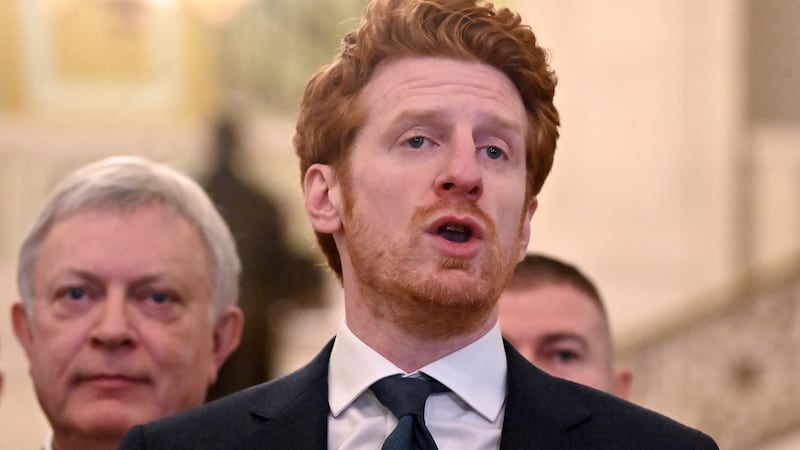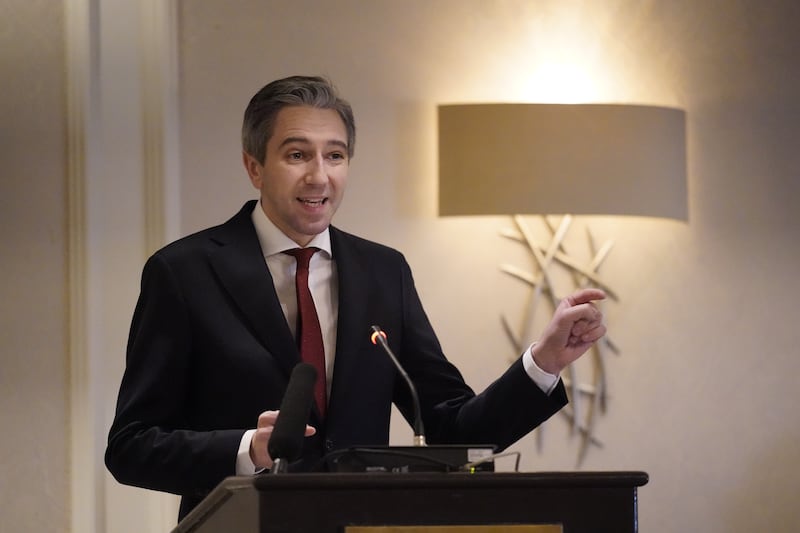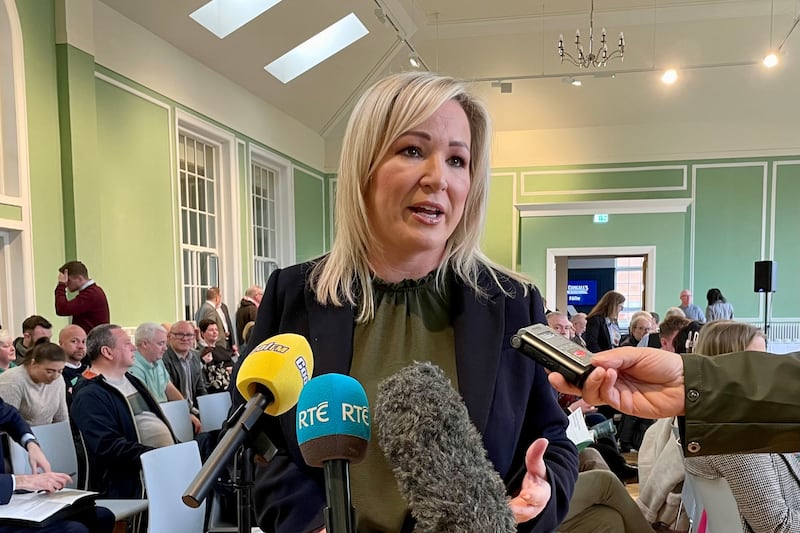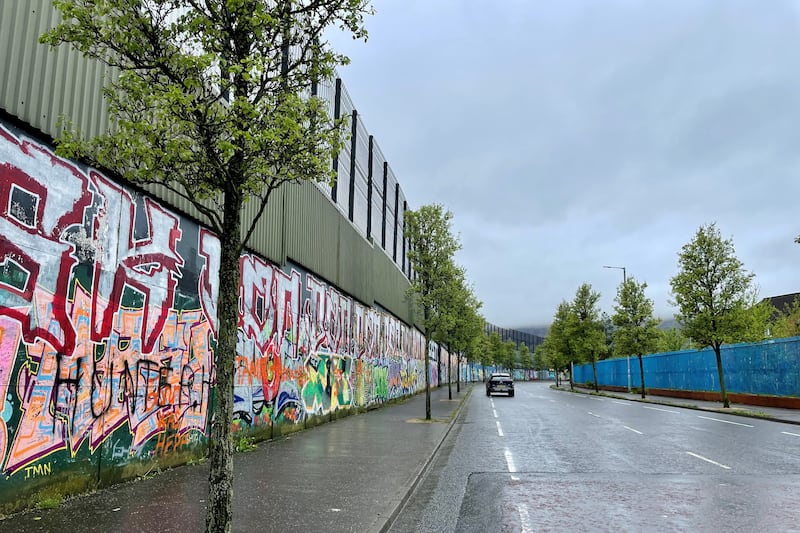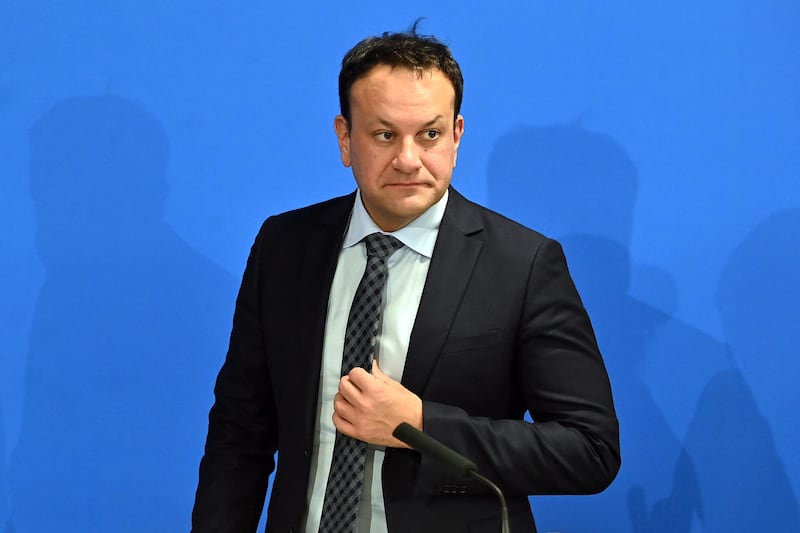THE people of the north clearly voted to see their future in the European Union in the referendum last June.
Those who voted remain came from all walks of life. They were nationalists, unionists, republicans and others.
They did so because it is in their best interests politically, socially and economically and because they did not want to see any return of a hard border on this island.
Even before Article 50 was triggered, it was apparent that the north would be hit hardest by the British government's reckless Brexit agenda, which offers nothing to the people of the north.
The Brexit referendum was driven by the narrow, right-wing interests of the most hardline elements of the British Tory party and the far right of UKIP. These parties have never shown any regard for the north of Ireland or its people.
Since the referendum, Theresa May and her government have done nothing to indicate this has changed. In fact they continue to blatantly ignore the democratic will of the majority of the people of the north and the parties mandated to be their voice.
Now that Article 50 has been triggered a period of what is likely to be long and protracted negotiations will begin. The north will not be represented at those negotiations.
Regardless of whether the political institutions were up and running, we still would have no voice at the negotiating table and the Tories would continue to attempt to ignore our views, just like Scotland.
Sinn Féin called for, and secured an all-Ireland forum to examine the impact of Brexit on the entire island economy and our key sectors in agri-food, energy, trade, higher education and so on.
This is not a done deal. It is the start of a period of negotiations at European Council level involving all EU member states, of which the Irish state is one.
It is my strong belief that there is an alternative for Ireland that is real and achievable and which serves our best interests as a peripheral but competitive island region on the edge of Europe.
We have developed a case for designated special status for the north within the EU, which would allow the will of the people of the north to be respected, retain access to the single market, protect jobs and workers' rights and the right of all our people to decide on their own future including Irish unity, as set out in the Good Friday Agreement and the principle of consent.
Both the Assembly and the Dáil have passed motions calling for the unique circumstances of the north to be recognised in relation to Brexit.
The Irish government now has a moral duty and a political responsibility to act in the national interest of all Irish citizens and act on the Dáil motion.
Taoiseach Enda Kenny needs to make it clear that his government will formally adopt designated special status as a negotiating position when the Brexit talks begin and work to persuade other member states of its merits.
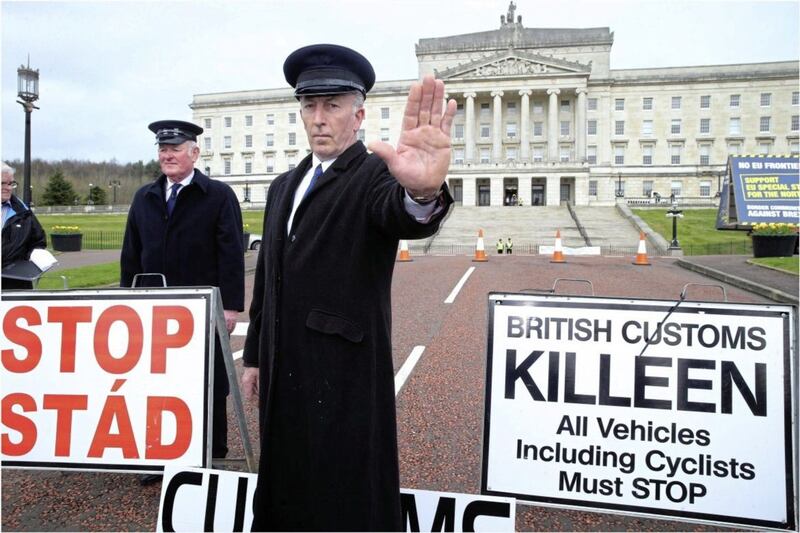
Brexit is an English problem which requires an Irish solution.
Every day more and more people from across a range of sectors, business, community, tourism and education are realising the hugely negative consequences Brexit will have on our hard-won progress.
Across the north, particularly in border areas, thousands of people have taken to the streets to protest against the British government's Brexit agenda.
Today, as Theresa May triggered Article 50, demonstrations were staged in both Belfast and Dublin.
Sinn Féin believes that the only credible approach is for the north to receive designated special status within the EU.
We have been on a diplomatic offensive across Europe making our case to the key decision makers in the Brexit process.
In order to secure designated special status people need to mobilise, continue to make their voices heard and build support to ensure their democratically expressed right to remain is recognised.
